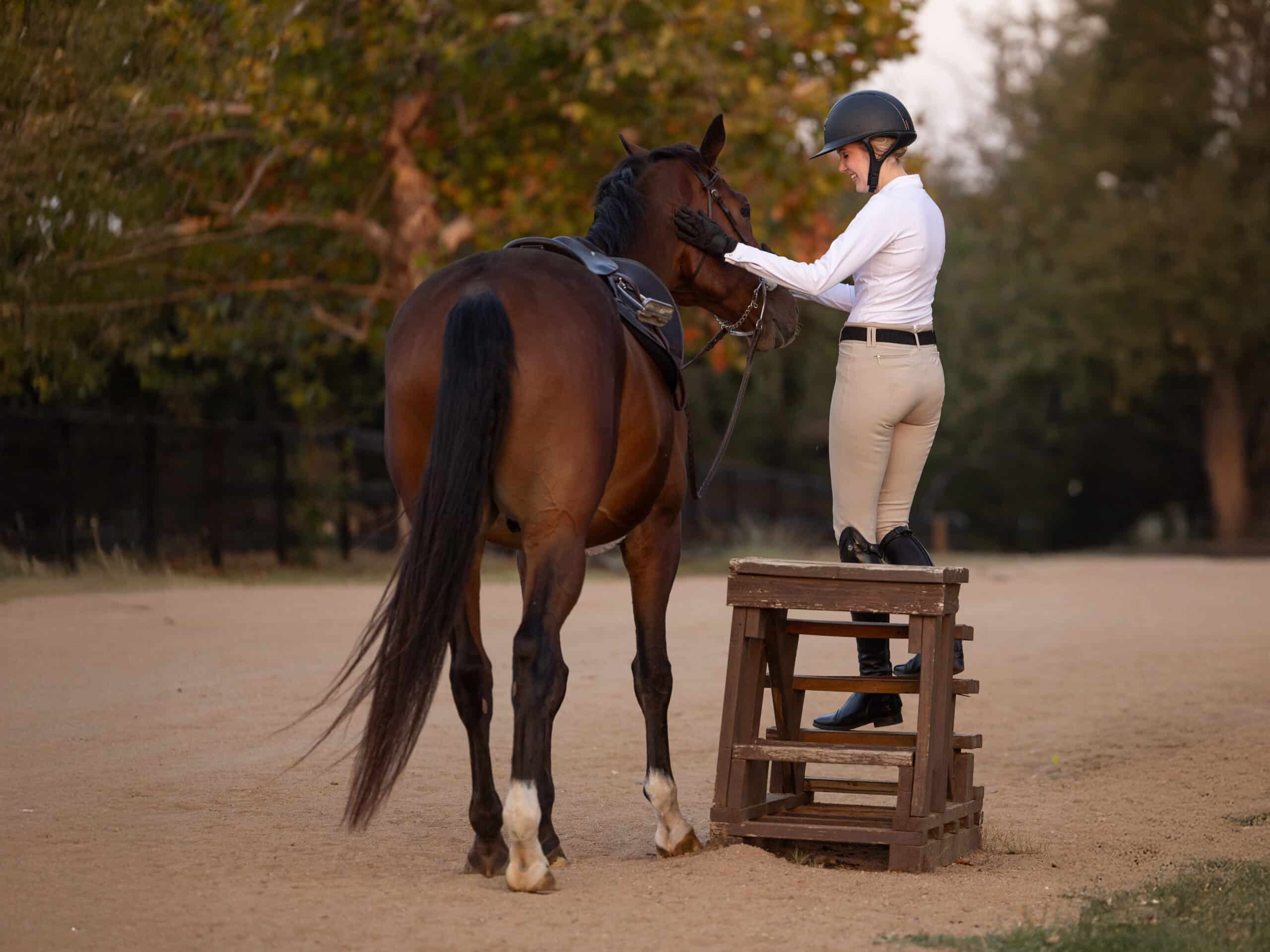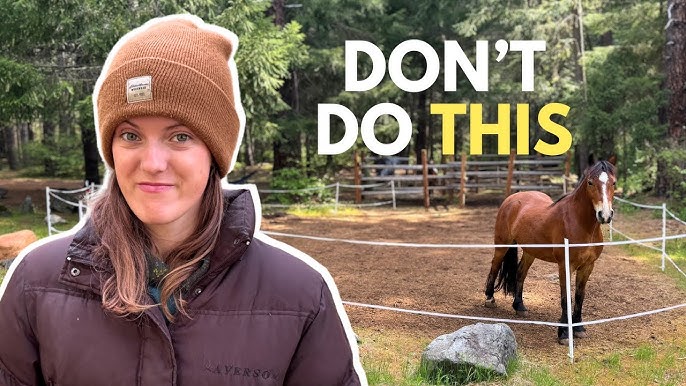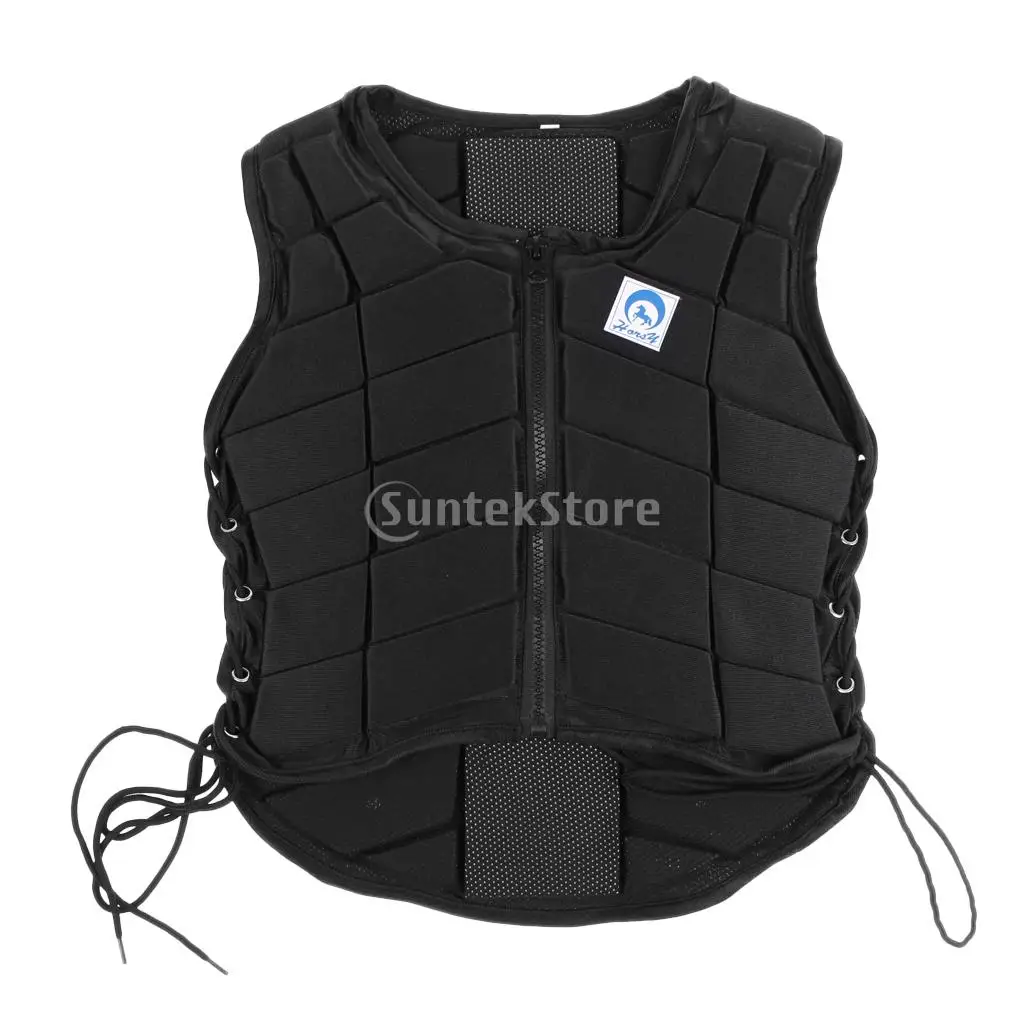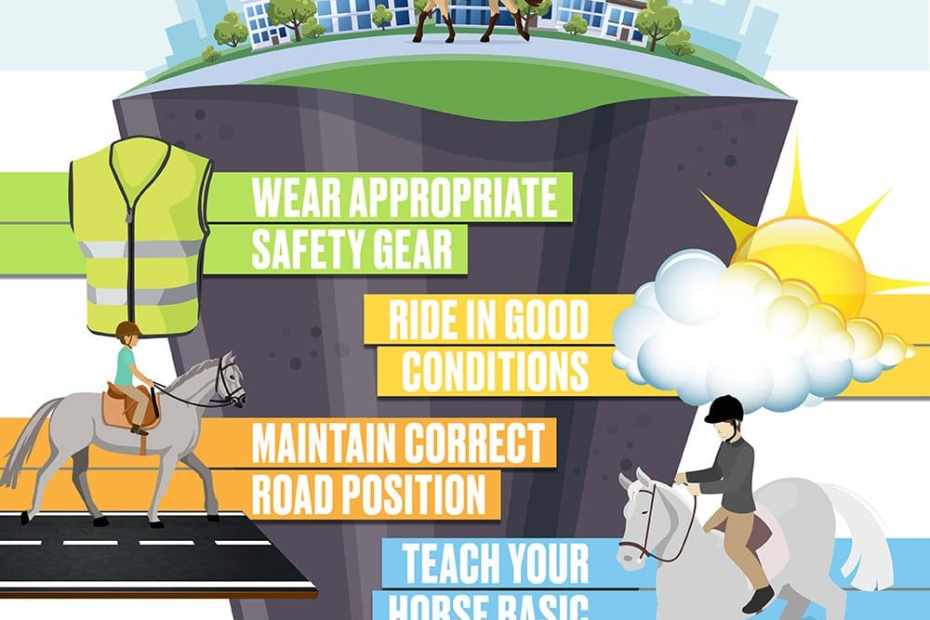Safety Considerations for Overnight Horse Trips

Embarking on an overnight horse trip can be an exhilarating adventure, but it requires careful planning and attention to safety to ensure a successful and enjoyable experience for both rider and horse. This article covers essential safety considerations, practical tips, and preparation strategies.
Table of Contents

- Pre-Trip Preparation
- Essential Gear and Equipment
- Horse Health and Fitness
- Route Planning and Navigation
- Camp Setup and Overnight Care
- Emergency Preparedness
- Frequently Asked Questions (FAQ)
Pre-Trip Preparation

Before setting out, ensure both you and your horse are physically and mentally prepared. This includes:
- Training: Gradually increase your horse’s endurance with longer rides.
- Health Check: Visit a veterinarian for a thorough health assessment.
- Documentation: Carry necessary permits and identification.
Essential Gear and Equipment
Packing the right gear is crucial for safety and comfort:
| Item | Purpose |
|---|---|
| Helmet | Protects rider’s head |
| First Aid Kit | For minor injuries and emergencies |
| Navigation Tools | Maps, GPS devices |
| Horse Boots | Protects horse’s hooves |
| Water and Feed | Hydration and nutrition |
| Shelter Equipment | Tent, tarp, or portable shelter |
Horse Health and Fitness
Monitor your horse’s condition closely:
- Check for signs of fatigue or injury regularly.
- Ensure proper hydration and nutrition.
- Use protective gear like leg wraps or boots.
Route Planning and Navigation
Plan your route considering:
- Terrain difficulty and suitability for your horse.
- Availability of water sources.
- Safe camping spots.
- Weather forecasts.
Use reliable navigation tools and inform someone about your itinerary.
Camp Setup and Overnight Care
Set up a safe and comfortable camp:
- Secure your horse with appropriate tethering.
- Provide adequate feed and water.
- Protect against insects and wildlife.
- Maintain cleanliness to prevent infections.
Emergency Preparedness
Be ready for unexpected situations:
- Carry a comprehensive first aid kit.
- Know basic first aid for both horse and rider.
- Have emergency contact numbers accessible.
- Plan for evacuation routes.
Frequently Asked Questions (FAQ)
Q1: How do I know if my horse is ready for an overnight trip?
A: Your horse should be in good health, accustomed to long rides, and able to handle varied terrain. Consult your vet for a fitness assessment.
Q2: What should I pack for an overnight horse trip?
A: Essential items include safety gear, first aid kits, sufficient feed and water, navigation tools, and shelter equipment.
Q3: How can I ensure my horse stays safe overnight?
A: Secure your horse properly, provide adequate rest, feed, and water, and protect against insects and predators.
Embarking on an overnight horse trip is rewarding but demands thorough preparation and vigilance. Prioritizing safety ensures a memorable and enjoyable journey for both you and your equine companion.
